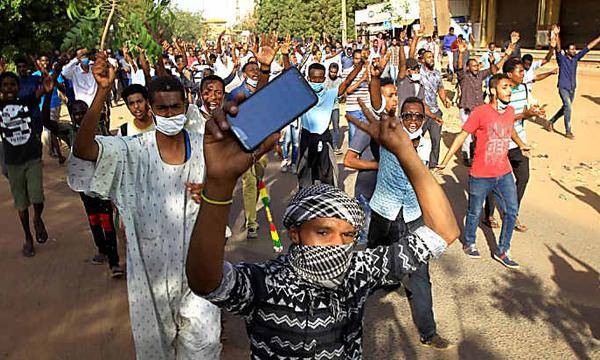Sri Lanka suicide bomber was previously arrested and then released

Colombo, Sri Lanka (CNN)One of the Sri Lanka suicide bombers was previously arrested by police and then released, a senior government official told CNN Thursday.
Ilham Ahmed Ibrahim -- one of two sons of a spice tycoon who blew themselves up in Sunday's attacks -- detonated a device at the Cinnamon Grand hotel in Colombo, the official told CNN.
"It was the suicide bomber of the Cinnamon Grand bomb attack who was released earlier," the official said.
Ilham Ahmed Ibrahim and his brother Imsath Ahmed Ibrahim were previously identified as two of the suicide bombers in Sunday's attacks, which left at least 359 people dead across the country.
Police have confirmed to CNN that they are holding the brothers' father, Mohamed Yusuf Ibrahim, a wealthy spice trader, on suspicion of aiding and abetting his sons.
Police spokesman Ruwan Gunasekera said the elder Ibrahim was in custody, as were all other members of the Ibrahim family known to police.
CNN has not been able to reach Mohamed Yusuf Ibrahim or other members of his family for comment.
In an interview with CNN, Sri Lanka's Prime Minister Ranil Wickremesinghe said the suspected bombers were upper and middle class, well-educated and educated abroad, a profile he described as "surprising." He added that several of them were under surveillance ahead of the attacks, but that there had not been "sufficient" evidence to take them into custody.
Meanwhile, a huge international criminal investigation is ramping up in Sri Lanka, with six foreign police agencies and Interpol assisting local police, including Scotland Yard from the UK and the FBI from the US.
Gunasekera told CNN that officers from Sri Lanka's Criminal Investigation Department (CID) and Terrorism Investigation Department (TID) have raided five safe houses across the country in connection with Sunday's attacks. Those locations have since been sealed for forensic investigation.
More than 70 suspects have been taken into custody on a range of charges, including suspicion of terrorism, aiding and abetting terrorism and conspiracy to commit terrorism, Gunasekera said. Four high level suspects are being held by TID, and 33 are being held by CID, he added.
Of those arrested, four suspects are female, and all are Muslims. Gunasekera said most of them are family members and friends of the suspected suicide bombers. None of those arrested are foreigners.
Significant raids were carried out on Wednesday night, he added, in which 16 people were arrested at various locations, most near the capital Colombo. Three shotguns and two walkie-talkies were also seized.
As police continue to investigate how a previously little known terror group managed to pull off a huge and coordinated series of attacks, Gunasekera also revealed that police had confirmed that an explosion in the predominantly Muslim area of Kathankudi, in eastern Sri Lanka, in early April was a test run by the terrorists. In that explosion they blew up a motorcycle.
On Thursday, police said search operations were currently underway across Colombo, including the setting up of roadblocks. Police have asked the public not to panic, a police spokesman told CNN.
Sri Lanka remains on high alert and numerous controlled demolitions have been carried out of suspicious packages and vehicles in recent days. However, Gunasekera said that he did not believe the controlled demolitions on Thursday were of actual explosives.
Prime Minister Wickremesinghe warned of the potential for more attacks in the country. In his CNN intevriew, he said authorities were targeting "sleepers" -- terrorists who could activate to initiate another round of attacks.
"Police and security forces are rounding up those involved, but they're also rounding up the sleepers, those used on second and third rounds (of attacks)," he said.

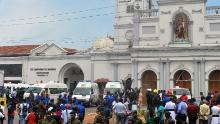
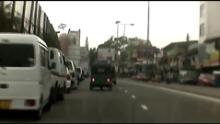

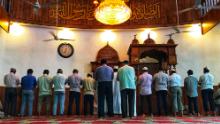
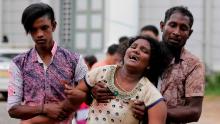
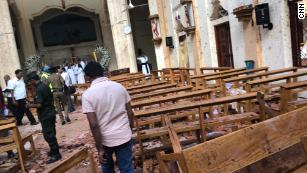

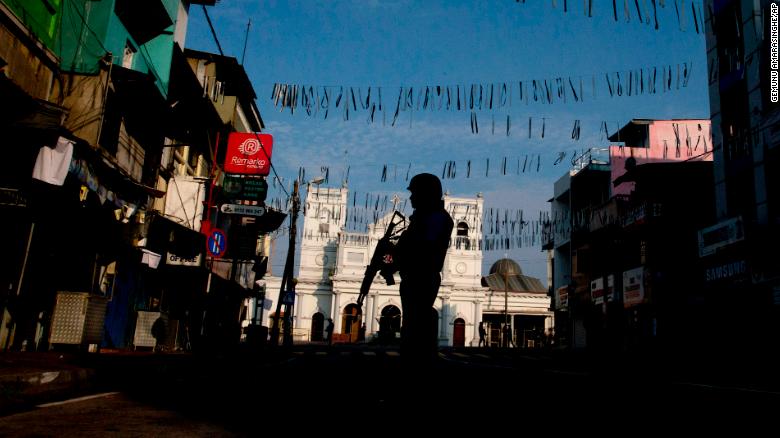
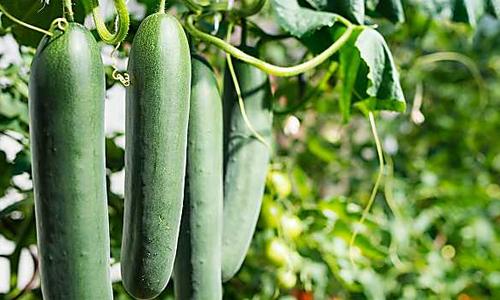
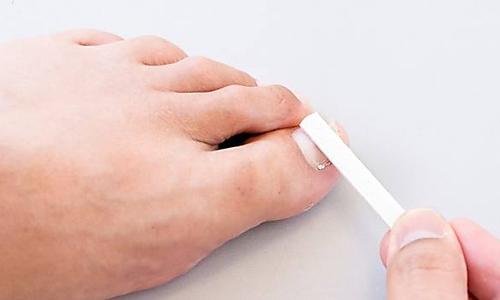

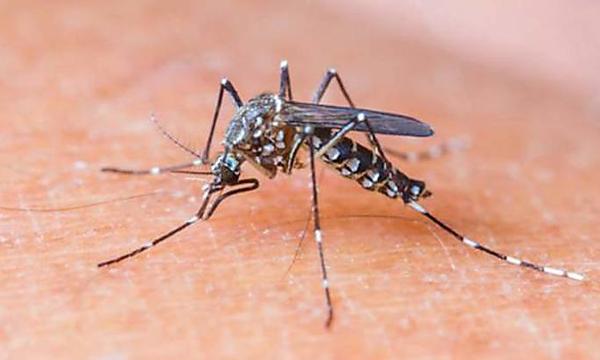


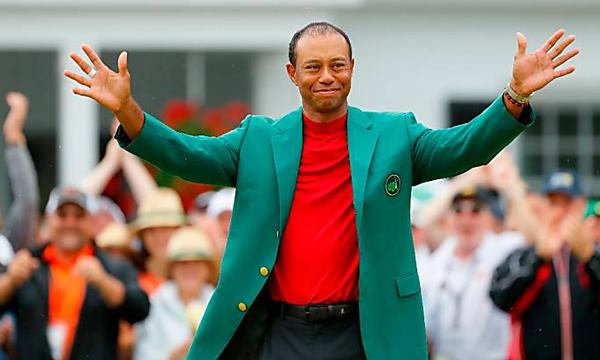
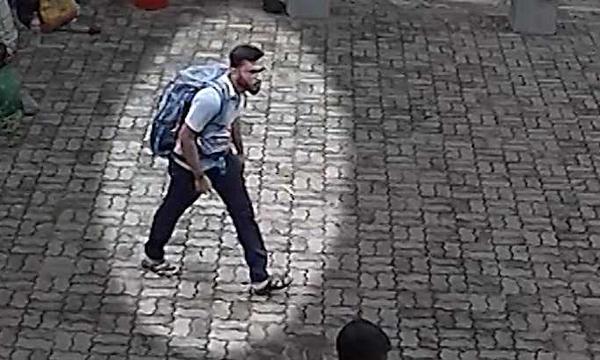



![[Gallery] She Suspiciously Paid For Everything In Cash For Years, Then People Realized Why [Gallery] She Suspiciously Paid For Everything In Cash For Years, Then People Realized Why](https://images.outbrainimg.com/transform/v3/eyJpdSI6ImM1ZWUzZWFiNzdlM2I5NjBhM2U5NGE4NDdlM2I0MjgwMjgwZDkwMTBiNTdiMzIwYjBiNmExYTA1ODlkNGU0NzAiLCJ3Ijo0MDAsImgiOjI0MCwiZCI6MS41LCJjcyI6MCwiZiI6MH0.jpg)


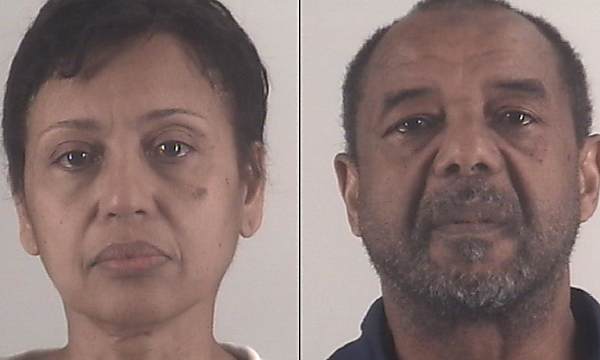
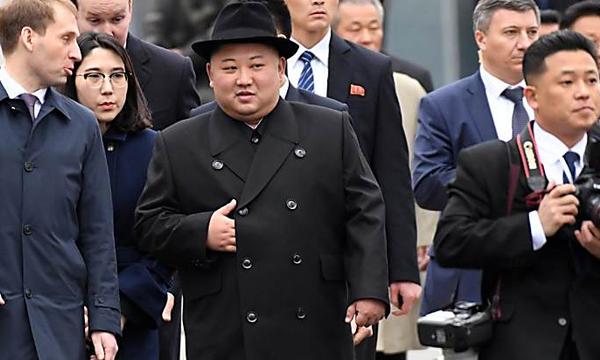
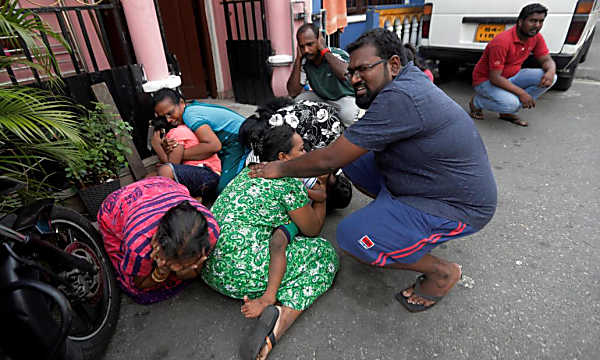
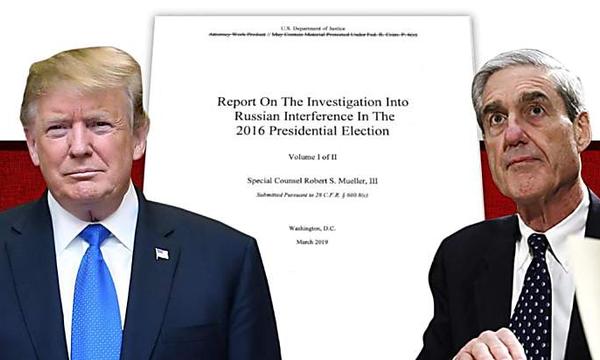
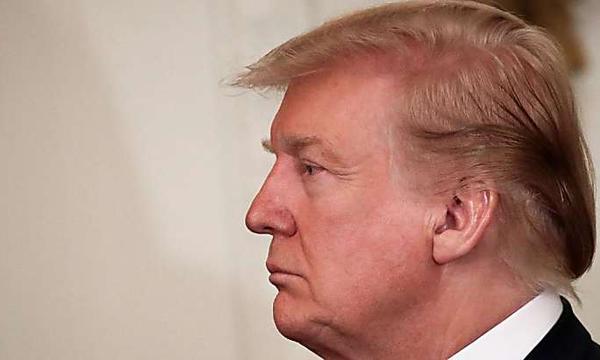
![[Pics] This Baby Has Never Eaten Sugar Or Carbs, And This Is The Result [Pics] This Baby Has Never Eaten Sugar Or Carbs, And This Is The Result](https://images.outbrainimg.com/transform/v3/eyJpdSI6IjgwMmQzNDk5YWQ2MmEyNTZiNGQwODAwODFjNTk0OGRlY2Y2YzhiOTYyOGMxNjYzZTNlN2NiZmU2ZTdjMGUxY2IiLCJ3Ijo0MDAsImgiOjI0MCwiZCI6MS41LCJjcyI6MCwiZiI6MH0.jpg)

![[Pics] The Way This Boy Was Found After 7 Years In Captivity Is Seriously Unreal [Pics] The Way This Boy Was Found After 7 Years In Captivity Is Seriously Unreal](https://images.outbrainimg.com/transform/v3/eyJpdSI6ImZmM2I2MDJmYmE3YjA0NzU5Zjg1NTVlZDkwN2MyOGMyNWQxOWUyMzBiOTA5YTM1ZWM0OThiZWFmZDViZGJkM2UiLCJ3Ijo0MDAsImgiOjI0MCwiZCI6MS41LCJjcyI6MCwiZiI6MH0.jpg)


